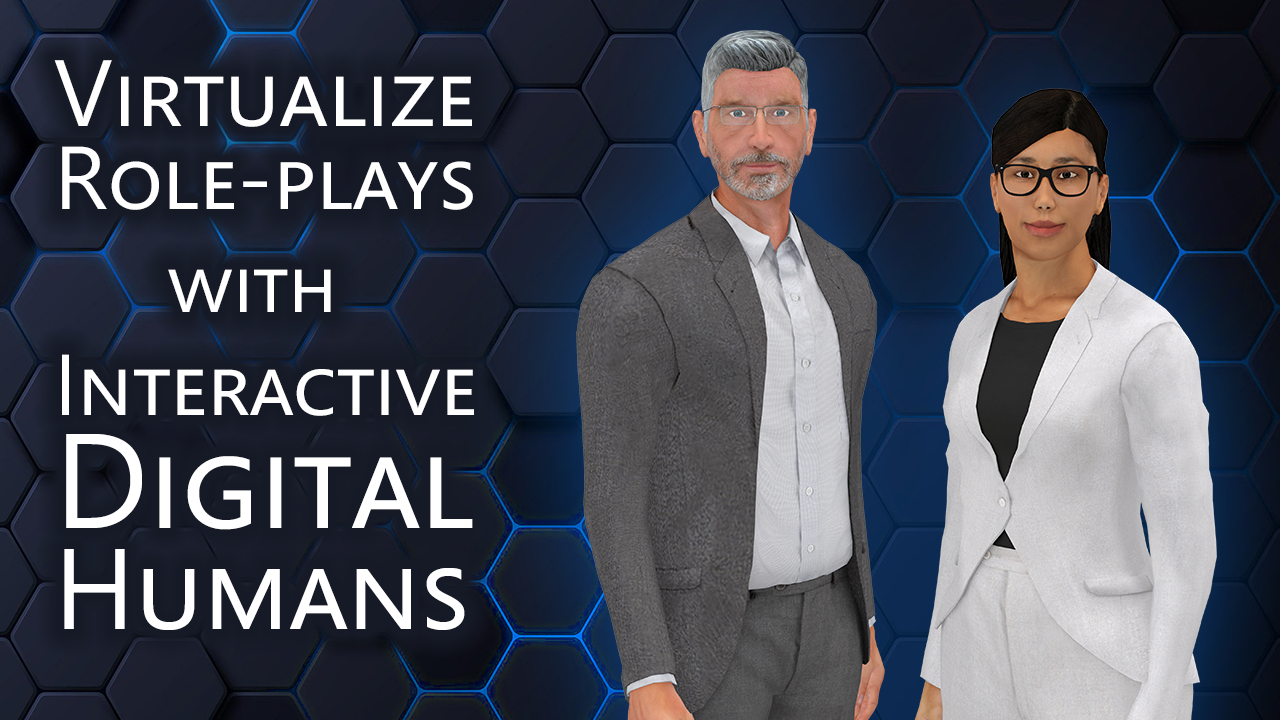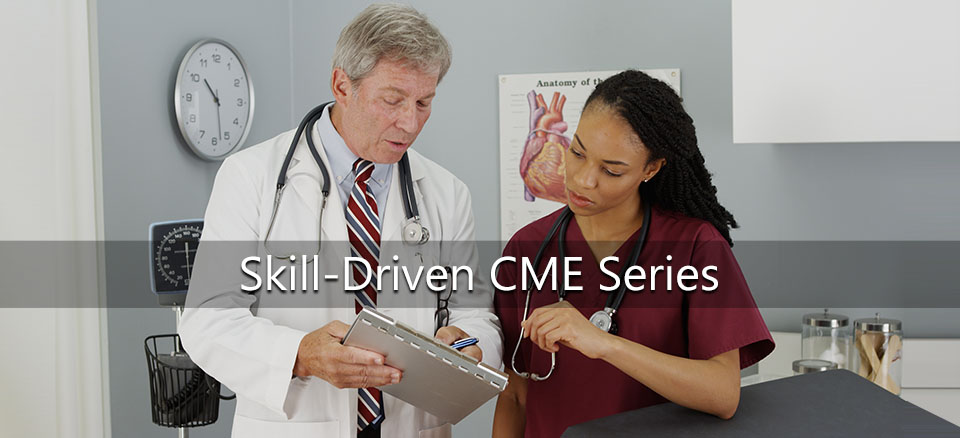Join us to explore a new framework of mental model-driven educational design that will improve outcomes within any program, and optimize educational investments.
Mental Models: The Secret to Effective Education and Training Outcomes
By Douglas Seifert, PhD on Dec 6, 2023 3:13:54 PM
5 Advantages of Virtualizing Role-Plays with Digital Human Technology
By Douglas Seifert, PhD on Jul 22, 2022 10:40:07 AM
Yes, peer-to-peer training role-plays can be a bit awkward. What if we could immerse trainees in situational decisions with interactive digital humans instead? And what if we could combine these virtual interactions with skill development methodologies, and analytics? In this article we will explore doing just that. We will cover: when skill development is important, the advantages of virtualizing role plays, how the underlying technology works, and the steps to build your own virtualized role plays.
Let’s get started…
Incorporating Skill Development into Clinical Medical Education via Corrective Mentoring
By Douglas Seifert, PhD on Nov 5, 2021 12:02:34 PM
Wouldn’t it be fantastic to have a mentor or coach help you make decisions? Yes! An argument can be made that in a complex area like medicine, mentoring is not a nice-to-have, but is required to achieve meaningful behavior changes in clinical practice. Here, we will explore the value of corrective mentoring within medical education initiatives, show changes in competency within immersive programs using corrective mentoring, and highlight the underlying cognitive science of skill development that drives its effectiveness. Skill development serves as the bridge between “knowledge” and clinically treating patients.
Skill-Driven CME: What We Can Learn from Corporate Training
By Douglas Seifert, PhD on Feb 25, 2021 4:10:37 PM
Successful corporate training is all about behavior change. Employees adopt new behaviors that translate into increased performance and better outcomes. Continuing medical education (CME) has strikingly similar goals. In this first skill-driven CME article, we will explore what has, and has not, worked well in corporate training, and apply these insights to CME.
Improving Clinical Outcomes with Virtual Practice
By Douglas Seifert, PhD on Aug 13, 2018 9:00:33 PM
Dr. Britt Andreatta, a learning and leadership development expert and author of The Neuroscience of Learning, emphasizes that professional learning can be broken down into three phases: Learn, Remember, and Do. She also asserts that learning programs should focus more on the “Do” phase since that is what makes the learning stick – where competence and behavior change occurs.
This message resonates in continuing medical education (CME), where the goal is to effectively change the competency and behavior of physicians based on new medical evidence. In CME, the “Do” phase means delivering educational opportunities for physicians to personally practice applying the “Learned” information in realistic situations, so that they’ll “Remember” it.






